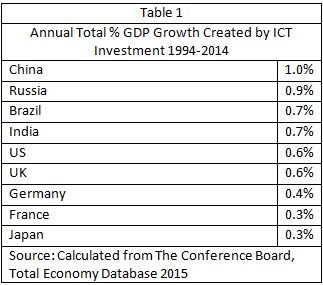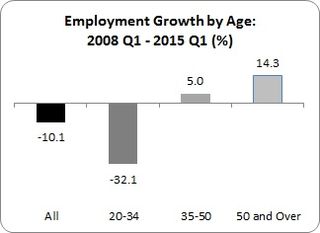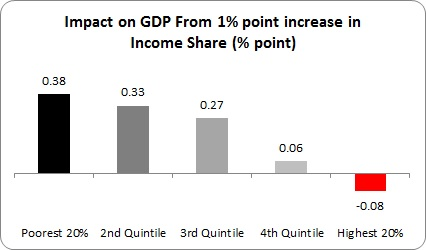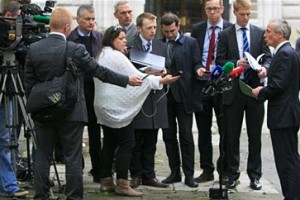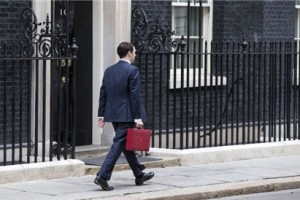We should not under-estimate the impact of the Eurostat ruling. It completely removes the rationale for Irish Water and the water charges. After Eurostat, there is no policy, no direction, no strategy. Ministers will downplay the ruling with a ‘move-on-nothing-to-see-here’ rhetoric, punctuated by a ‘there-is-no-alternative’ but all this does is expose the inability to grasp how fundamentally the landscape has changed.
Eurostat was never going to rule in any other way than it did. The Government admitted this last April in the Spring Statement when it put all water expenditure back on the books in its projections up to 2020. The fundamental issue is not whether enough people paid the charges. It was the ‘market corporation’ rule: did Irish Water look like and act like a commercial company in a market economy? Eurostat said no – and this is all down to the Government’s headless-chicken response after the mass Right2Water protests last October and November.
The Government capped charges, froze them until 2018, and introduced an indirect subsidy through social transfers (the water conservation grant). The lack of ‘economically significant prices’ (i.e. charges that reflect the cost of producing water) and government control led Eurostat to rightly label the whole exercise as a mere reorganisation of non-market activities. Given all this, what company in the world could be considered a market entity?
The main rationale for the Government’s water policy was not charges; this could have been introduced as a stand-alone revenue-raising measure. Nor was it the creation of a single water authority; that could have been done as a public agency rather than a corporation. The over-riding issue was to take the estimated €5.5 billion of desperately needed investment over the next seven years ‘off-the-books’. Everything flows from this: to take investment off the books you need to create a corporation, you need to charge a ‘market-like’ rate for the service.
Remember those lectures from Government Ministers and commentators with that ‘common-people-just-don’t-understand’ attitude? Without the investment there would be water shortages while we would all be walking through sewage. And the only way to get this investment was through Irish Water and charges.
Eurostat has killed that narrative. Investment will be on –the-books. With that foundation removed, the edifice – and the rationale for that edifice (the corporation, the charges) – crumbles.
What now? Whatever they say in public Ministers must know its game over. The only way to pass the Eurostat test is introduce ‘economically significant prices’. This would mean reverting to prices based on usage with no cap determined by an independent regulator. Is that likely? No, not with the potential to bring another 100,000 to 200,000 on the streets. The people didn’t win many victories during the austerity days; they won the battle over uncertain charges, PPs numbers and cut-offs. No political party is going to challenge that.
How do progressives react to this? The safe ground would be to call for the scrapping of the charges and the reform of Irish Water. Fianna Fail is already calling for that. Progressives can and must go further. We can’t effectively challenge the current ‘steady-as-it-goes’ Government approach with a ‘steady-as-it-went’ that dominated past policy. We need creative and innovative thinking that can not only address the issues but present an exciting, inclusive alternative to water supply and all public provision.
Investment
We need to increase investment to €600 million annually to modernise our infrastructure.
Water investment has been a bit of a roller-coaster ride. We are now slightly ahead of 1995 levels after peaking in 2008. We need to do better.




